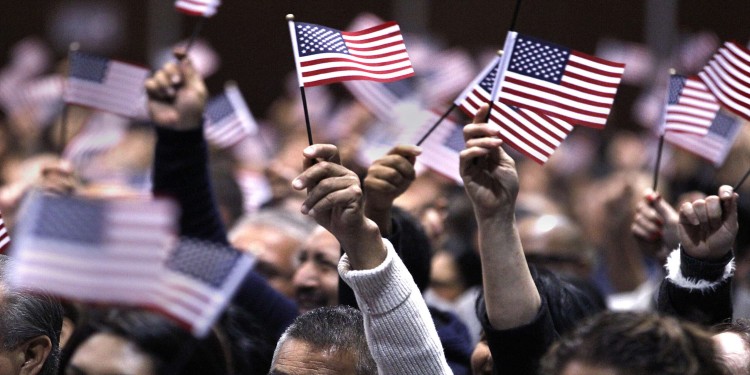In news- The United States House of Representatives recently unveiled the ambitious America Creating Opportunities for Manufacturing, Pre-Eminence in Technology, and Economic Strength (COMPETES) Act of 2022.
About COMPETES Act –
- It proposes to open up new vistas for talented individuals from across the world with a new start-up visa.
- The bill provides $52 billion to encourage more semiconductor production in the US, and $45 billion for grants and loans to improve supply chain resilience and manufacturing, among other programmes.
- It also includes funding to address social and economic inequality, climate change, and immigration.
- It provides an exemption for STEM PhDs from the green card cap, and creates a new green card for entrepreneurs.
- The bill also authorizes $600 million a year to construct manufacturing facilities to make the US less reliant on solar components made in Xinjiang, China.
- It amends the Immigration and Nationality Act to create a new classification of “W” non-immigrants for entrepreneurs with an ownership interest in a start-up entity, essential employees of a start-up entity, and their spouses and children.
- The Act will direct the Secretary of Homeland Security to establish procedures for foreign nationals with an ownership interest in a start-up entity to self-petition for lawful permanent resident status as an immigrant entrepreneur if the entity demonstrates a proven track record of success through job creation and significant revenue generation or receipt of investment capital.
- It also directs the Secretary of Homeland Security to establish procedures for foreign nationals with an ownership interest in a start-up entity to self-petition for classification as a “W-1” non-immigrant, and to receive extensions of such classification for up to eight years if the entity meets certain growth benchmarks.
- The bill provides the Secretary of Homeland Security discretion to classify an individual as a W-1 non-immigrant for a three-year period initially
- if the individual possesses an ownership interest of not less than 10 per cent in a start-up entity.
- if the foreign individual will play a central and active role in the management or operations of the start-up entity, or
- if the applicant possesses the knowledge, skills, or experience to substantially assist the start-up with the growth and success of the business.
- During the 18-month period preceding the filing of the petition, the start-up entity needs to have received at least USD 250,000 in qualifying investments from one or more qualified investors, or at least USD 100,000 in qualifying government awards or grants.
- It also provides for a limited number of “W-2” visas for personnel who are essential to the growth and success of the start-up entity if the start-up serves as the basis for the W-1 status of a founder.
- The bill exempts from the numerical limits on immigrant visas certain foreign nationals (and the spouses and children of such aliens) who have earned a doctoral degree in science, technology, engineering, or mathematics (STEM) from a qualified US research institution or a foreign institution if the degree is the equivalent to a doctoral degree issued by a qualified US research institution.
Its impact on India-
- Every year, the US administration issues 85,000 H-1B work permits — of these, 65,000 are for people with specialty occupations, and the remaining 20,000 are reserved for foreign workers who have earned a masters or higher university degree in the US.
- Every year, Indians and Indian companies corner a lion’s share of the H-1B work permits issued that year.
- With this new category, Indian professionals will likely have a better shot at opportunities that the Act is likely to provide.














